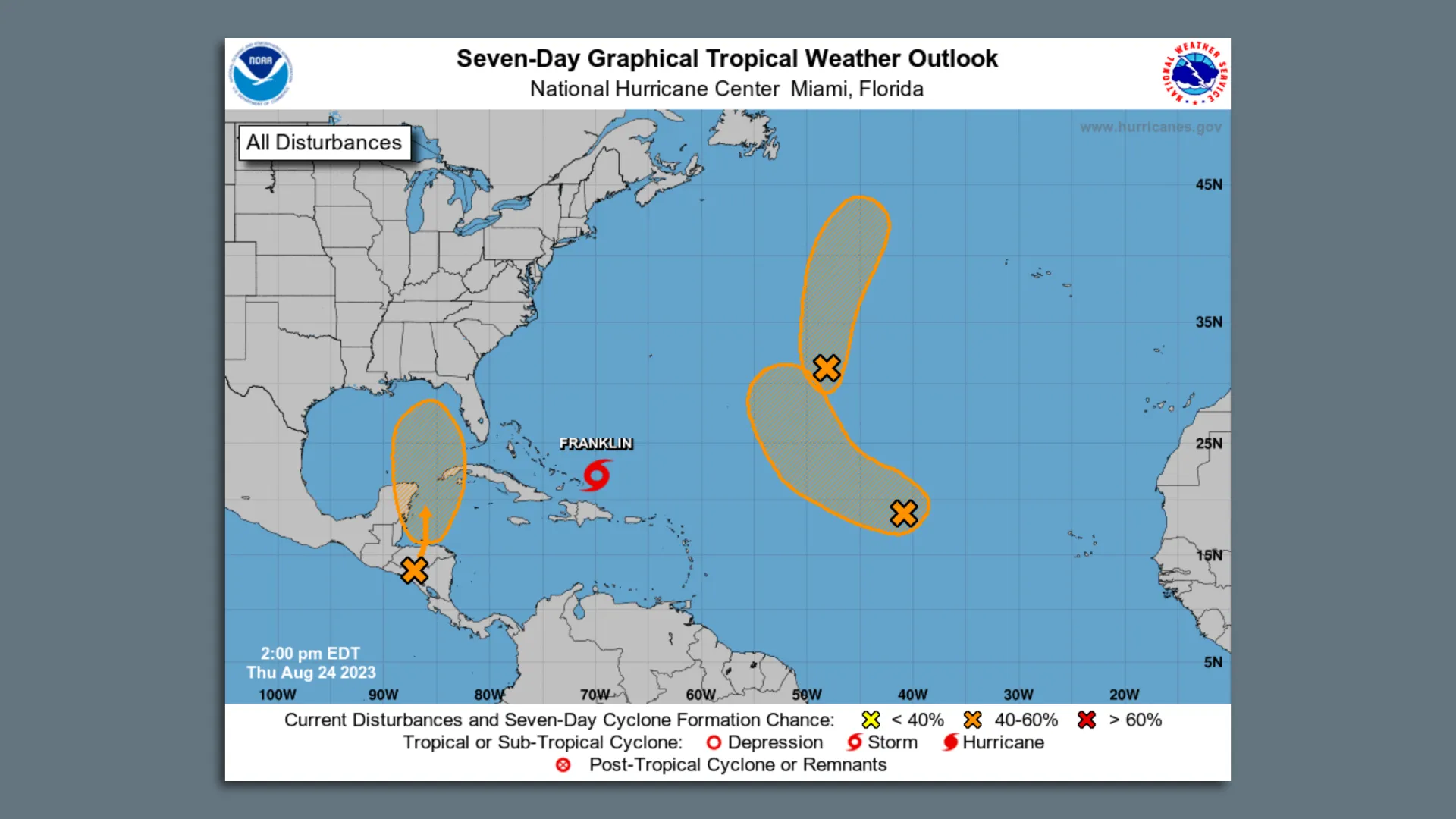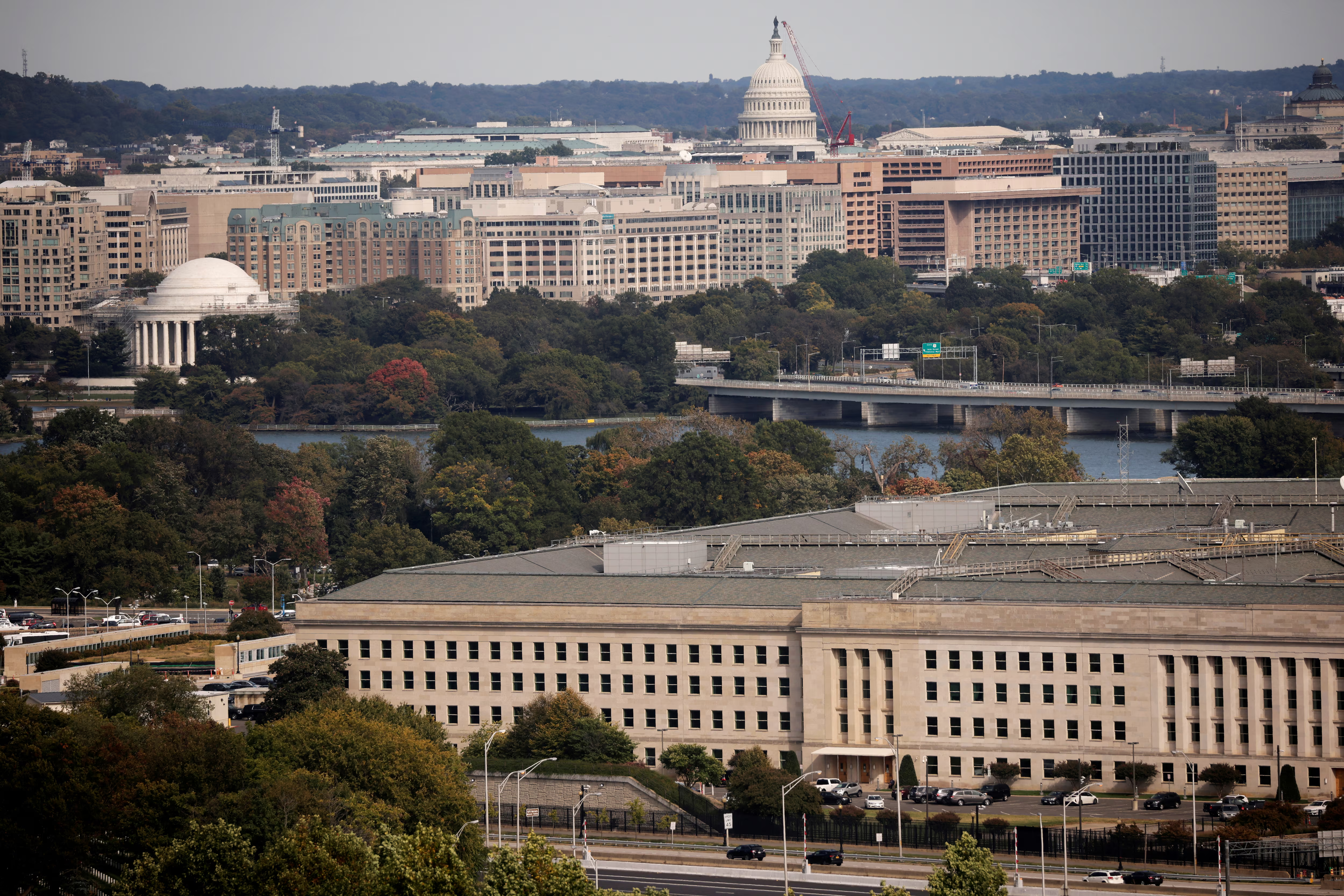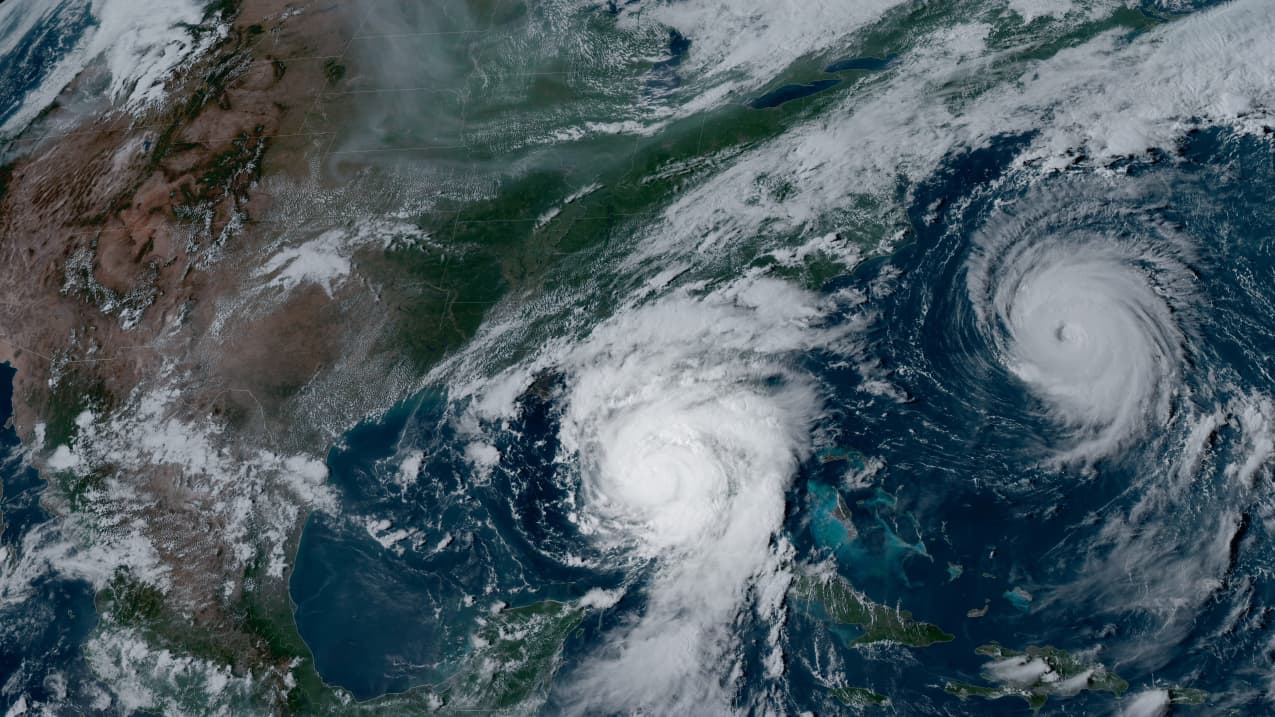The U.S. Department of Defense has made a catastrophic decision, announcing it will cease processing and delivering crucial hurricane forecast data by June 30, 2025. This abrupt termination of satellite data, which provides half of the microwave scans used in hurricane forecasting, threatens the safety of millions of people living along vulnerable coastlines.
Data Cutoff Ignites Concerns
As reported by The New York Times, the decision to halt the processing of microwave data from three weather satellites has left forecasters scrambling for answers. The National Hurricane Center was blindsided by this move, leaving them ill-prepared for the upcoming hurricane season. With this critical information going offline, the integrity of hurricane forecasting is at severe risk.
Impacts on Public Safety
Retired National Hurricane Center branch chief James Franklin warns that the loss of this data will increase the chances of a "sunrise surprise"—a situation where a storm rapidly intensifies overnight, catching people off guard. As he explained, without the necessary imagery from the Defence Meteorological Satellite Program, which provides vital microwave scans, forecasters will struggle to accurately assess storm positions and intensities. This could lead to catastrophic consequences for coastal communities.

National Hurricane Center 2024 Pred - Nelli Yasmeen
Why Is This Happening?
The decision to cut off this data appears to be rooted in concerns about national security. However, the implications for public safety and climate forecasting are dire. As reported by NPR, the U.S. Department of Defense has not provided a clear rationale for this drastic action, leaving experts and the public alike questioning the priorities of a government that seems to be sacrificing safety for security.
Consequences for Forecasting Accuracy
The microwave data, integral for estimating hurricane intensity through advanced modeling tools, will now be drastically reduced. According to NOAA, without this data, forecasters will have a diminished capacity to predict storm behavior accurately. This is especially critical as we enter a season where rapid intensification can occur, dramatically changing the trajectory and impact of hurricanes.

Pentagon doubles number of news outlets to "rotate" out from ...
A Call to Action
This situation demands urgent attention from lawmakers and the public. We need to advocate for the restoration of this critical data flow to ensure that communities can prepare adequately for impending storms. The cost of inaction is too high; lives are at risk, and the safety of millions hangs in the balance. As the hurricane season approaches, it is crucial that we hold our government accountable for prioritizing public safety over abstract security concerns.







![[Video] Gunfire between Iraqi security forces and Sadr militias in Baghdad](/_next/image?url=%2Fapi%2Fimage%2Fthumbnails%2Fthumbnail-1768343508874-4redb-thumbnail.jpg&w=3840&q=75)
